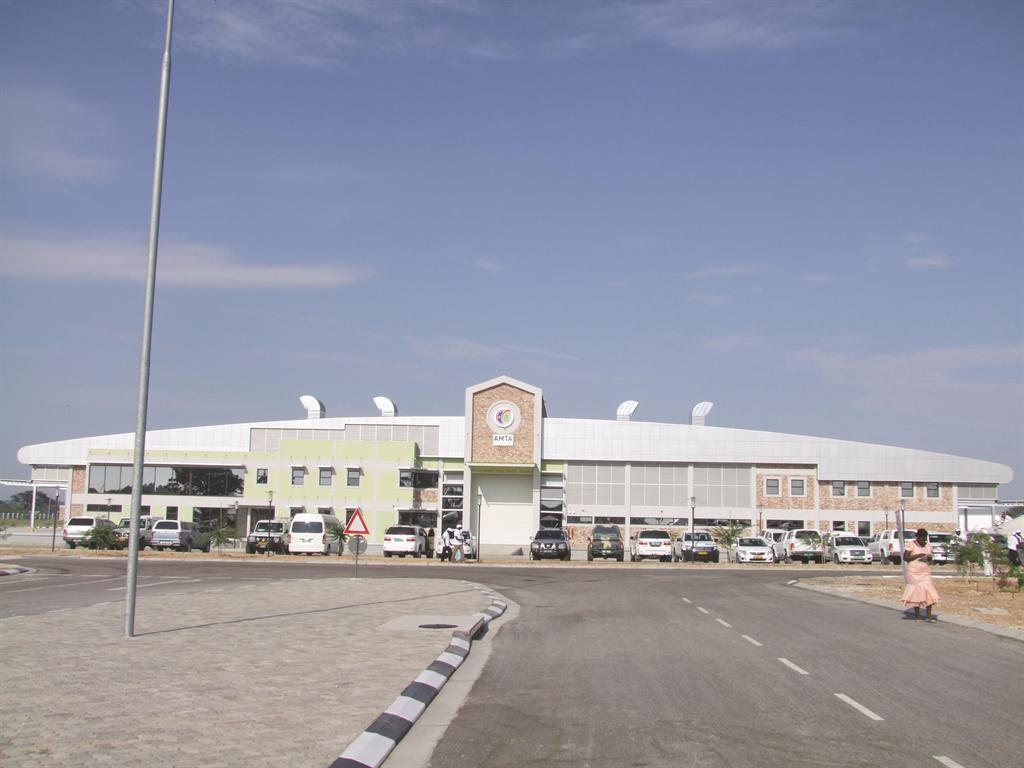Tender rules flouted
Tender regulations giving preference to Namibian-owned companies have been ignored in the granting of contracts for building fresh-produce hubs.
Fresh-produce business hubs across the country have all been built by Chinese companies despite tender specifications that contractors must be Namibian owned.
According to the Tender Bulletin (25 – 31 May) the Namibia Development Corporation in 2010 issued two tenders for such hubs on behalf of the Ministry of Agriculture, Water and Forestry.
The N$107 million tender for the Ongwediva fresh-produce business hub (FPBH) was then awarded to China Jiangsu International as the main contractor despite a tender condition that the successful bidder must be a Namibian-owned business.
There were even Black Economic Empowerment (BEE) requirements attached to the second round of this particular tender.
Still in 2010, the tender for the N$113 million Rundu FPBH was given to China Jiangxi International Cooperation, which was in a joint venture with a company called Profile.
In 2014, the N$149 million Windhoek FPBH in Wanaheda was awarded to a joint venture by locally-owned Uundenge Investment, owned by Laban Kandume, and Jiangsu Zhentai despite the tender having been restricted to “100% Namibian-owned registered SMEs and Namibian nationals”.
The Tender Bulletin observes that despite the fact that these contracts were awarded years ago, construction of these projects will only start in 2019.
Under the national budget for the 2017/18 financial year, N$2.3 billion was allocated for the National Horticulture Development Initiative (NHDI).
This includes the construction of fresh-produce hubs in the Oshana, Kavango and Khomas regions and the creation of marketing infrastructure and organisational structures for horticultural producers.
The Windhoek FPBH and the second phases of the Rundu and Ongwediva hubs were supposed to have been completed during the financial year that ended in March 2018.
The Tender Bulletin states that for the 2018/19 financial year the total budget for the NHDI has been increased to N$2.5 billion. The only activity listed is for the completion of the bulk earthworks for the Windhoek hub.
The other activities planned for last year have been transferred to the 2019/20 financial year.
AMTA's spokesperson, Meke Namindo, said although the organisation was responsible for the running of the fresh-produce hubs, it did not have a say in the awarding of tenders for their construction.
The Tender Board that awarded the contracts is no longer in existence, as it was replaced by the Central Procurement Board.
CATHERINE SASMAN
According to the Tender Bulletin (25 – 31 May) the Namibia Development Corporation in 2010 issued two tenders for such hubs on behalf of the Ministry of Agriculture, Water and Forestry.
The N$107 million tender for the Ongwediva fresh-produce business hub (FPBH) was then awarded to China Jiangsu International as the main contractor despite a tender condition that the successful bidder must be a Namibian-owned business.
There were even Black Economic Empowerment (BEE) requirements attached to the second round of this particular tender.
Still in 2010, the tender for the N$113 million Rundu FPBH was given to China Jiangxi International Cooperation, which was in a joint venture with a company called Profile.
In 2014, the N$149 million Windhoek FPBH in Wanaheda was awarded to a joint venture by locally-owned Uundenge Investment, owned by Laban Kandume, and Jiangsu Zhentai despite the tender having been restricted to “100% Namibian-owned registered SMEs and Namibian nationals”.
The Tender Bulletin observes that despite the fact that these contracts were awarded years ago, construction of these projects will only start in 2019.
Under the national budget for the 2017/18 financial year, N$2.3 billion was allocated for the National Horticulture Development Initiative (NHDI).
This includes the construction of fresh-produce hubs in the Oshana, Kavango and Khomas regions and the creation of marketing infrastructure and organisational structures for horticultural producers.
The Windhoek FPBH and the second phases of the Rundu and Ongwediva hubs were supposed to have been completed during the financial year that ended in March 2018.
The Tender Bulletin states that for the 2018/19 financial year the total budget for the NHDI has been increased to N$2.5 billion. The only activity listed is for the completion of the bulk earthworks for the Windhoek hub.
The other activities planned for last year have been transferred to the 2019/20 financial year.
AMTA's spokesperson, Meke Namindo, said although the organisation was responsible for the running of the fresh-produce hubs, it did not have a say in the awarding of tenders for their construction.
The Tender Board that awarded the contracts is no longer in existence, as it was replaced by the Central Procurement Board.
CATHERINE SASMAN





Comments
Namibian Sun
No comments have been left on this article